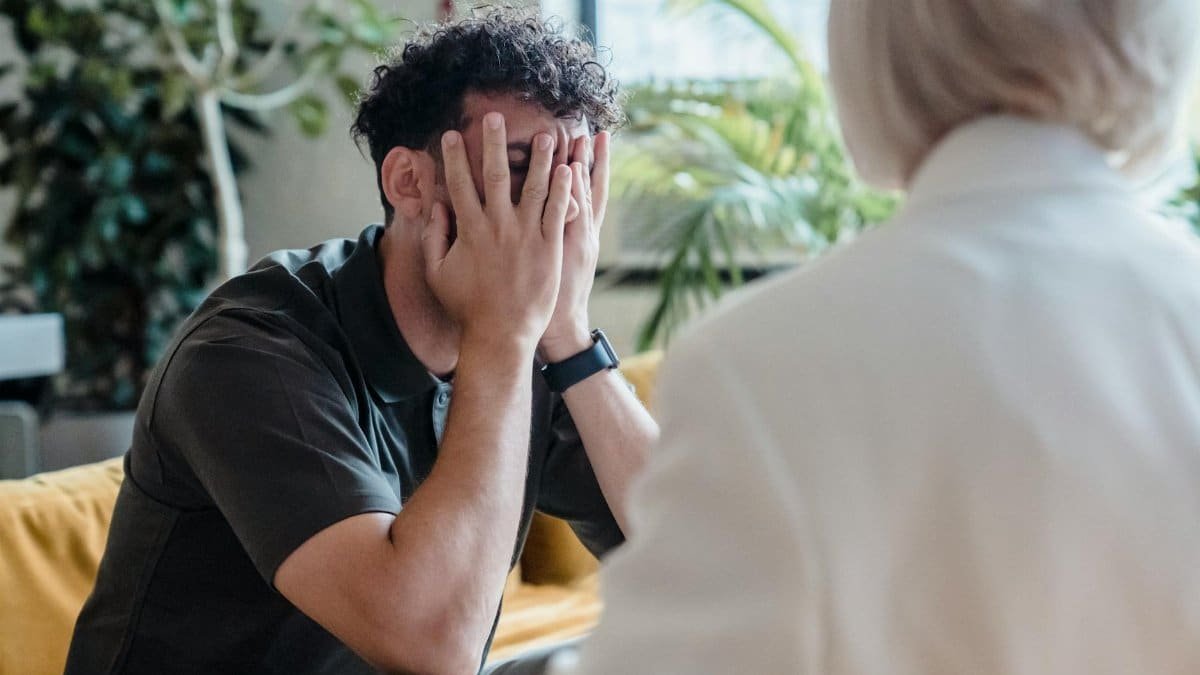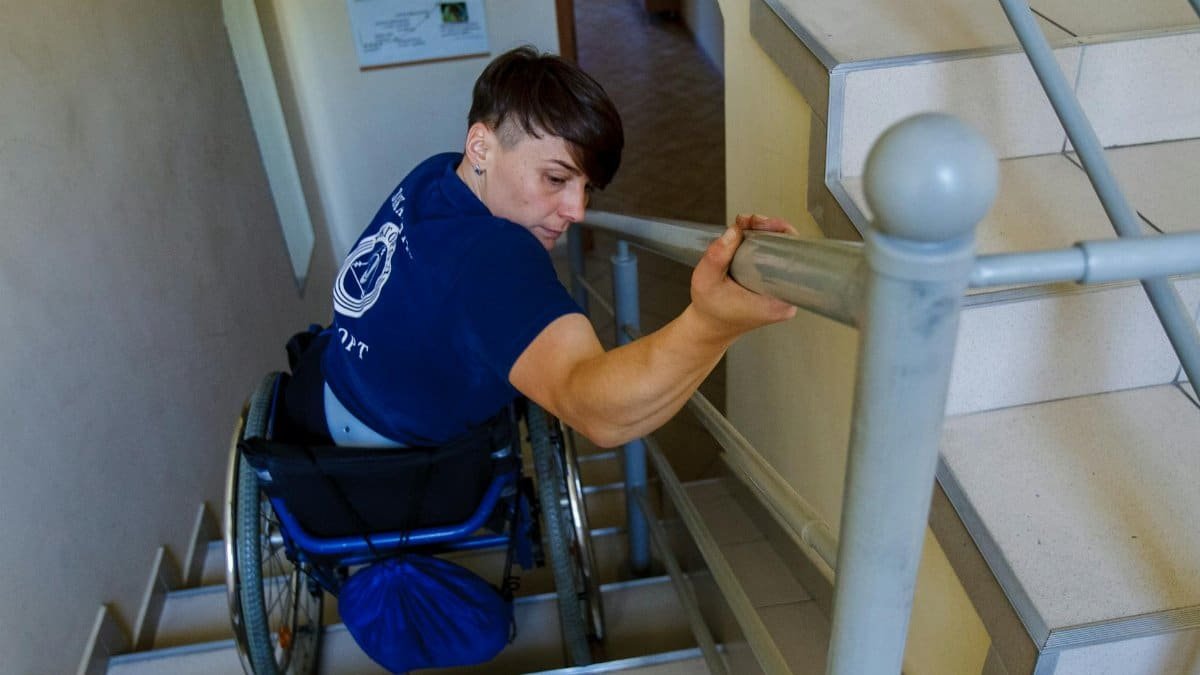What if the secret to navigating an increasingly divided world lies not in grand policies or technological fixes, but in something as intimate as how we connect with one another? This question has gained traction among psychologists, sociologists, and wellness experts who argue that relationship mastery— the art of cultivating deep, authentic bonds— holds transformative potential. In a society where loneliness affects nearly 60 percent of adults, according to recent surveys, mastering relationships isn’t just personal development; it’s a societal imperative. It promises to foster empathy, reduce conflict, and even boost mental health. As we step into 2025, with rising stress from digital overload and social fragmentation, this concept emerges as a beacon for healing. Experts suggest it could reshape communities, workplaces, and families, turning isolation into interconnected strength.
The Foundations of Relationship Mastery

At its core, relationship mastery begins with self-awareness. People often stumble into connections without understanding their own emotional patterns, leading to repeated misunderstandings. Consider a scenario where two colleagues clash over a project deadline. One sees it as a personal attack, while the other views it as mere logistics. Mastering relationships means pausing to recognize these internal triggers.
Research supports this. A study from the American Psychological Association highlights how self-reflection improves interpersonal dynamics. Participants who practiced mindfulness reported 25 percent fewer conflicts in their daily interactions. This isn’t abstract; it’s practical. Imagine a parent learning to respond to a child’s tantrum with curiosity rather than frustration. That shift builds trust over time.
Yet, foundations extend beyond the self. They involve active listening and empathy, skills that experts say are eroding in our screen-dominated era. One anonymized account from an online discussion captured this frustration: a user described feeling “invisible” in conversations, where partners scrolled phones mid-sentence. Such stories underscore the need for intentional presence.
Building these skills requires practice, much like training for a marathon. Start small, perhaps with daily check-ins that focus on feelings rather than facts. Over time, this creates a sturdy base for deeper bonds.
Psychological Benefits and Healing

Delving into the mind, relationship mastery offers profound healing. Therapists often point to how strong connections buffer against anxiety and depression. When people feel truly seen, their stress hormones drop, creating a cascade of wellbeing.
A compelling example comes from group therapy sessions, where participants share vulnerabilities. One might recount a betrayal that left them guarded, only to find solace in others’ similar tales. This shared humanity fosters resilience.
Evidence backs this up. The National Institutes of Health has funded research showing that quality relationships correlate with lower rates of chronic illness. In one longitudinal study, those with robust social networks lived longer, healthier lives.NIH Study on Social Ties and Longevity.
But healing isn’t always linear. Tensions arise when old wounds surface in new relationships. Experts advise acknowledging these without judgment, turning potential rifts into opportunities for growth. It’s a dance of vulnerability and strength.
Overcoming Common Barriers

Barriers to relationship mastery abound, from cultural norms that prize independence to the fast pace of modern life. Many Americans juggle demanding jobs and family obligations, leaving little room for meaningful dialogue.
Take the case of a couple in their forties, both professionals, who realized their evenings devolved into silent scrolling. Breaking this required deliberate effort— setting aside devices for real talk. Such stories illustrate how habits can erode connections if unchecked.
Societal factors play a role too. Pew Research Center data reveals that political divides have strained friendships, with 40 percent of adults reporting lost ties due to differing views.Pew Research on Personal Relationships. Overcoming this demands curiosity over confrontation.
Another hurdle is fear of rejection. People hold back, fearing exposure. Yet, experts note that authenticity often invites reciprocity, dissolving barriers. It’s about reframing vulnerability as a strength, not a weakness.
Strategies include boundary-setting workshops or apps that prompt reflective journaling. These tools help navigate obstacles, making mastery attainable.
Applications in Daily Life

Relationship mastery isn’t confined to romance; it permeates work, friendships, and community. In workplaces, it can transform team dynamics. Leaders who prioritize empathy see higher productivity and lower turnover.
Picture a manager who notices an employee’s subdued demeanor and inquires gently. This small act can uncover stressors, leading to supportive adjustments. Harvard Business Review articles emphasize such emotional intelligence as key to success.Harvard Business Review on Trust in Teams.
In families, it means navigating generational gaps. A middle-aged reader might relate to bridging divides with aging parents or tech-savvy kids. Mastery here involves patient listening, finding common ground amid differences.
Even in casual encounters, like neighborhood chats, applying these principles builds a sense of belonging. It’s cumulative— each positive interaction reinforces the skill.
Expert Insights on Growth

Experts across fields are vocal about relationship mastery’s role in personal growth. Psychologists like Brené Brown advocate for vulnerability as a cornerstone, arguing it leads to wholehearted living.
One therapist shared in a recent panel: “When clients master relationships, they don’t just fix bonds; they rediscover themselves.” This resonates in wellness circles, where growth is tied to interconnectedness.
Studies from the University of California reinforce this, linking strong relationships to enhanced self-esteem and purpose.Greater Good Science Center on Social Connections. In 2025, with mental health awareness peaking, these insights gain urgency.
Growth often involves unlearning patterns. For instance, someone raised in a conflict-avoidant home might need to practice assertiveness. Experts recommend therapy or coaching to facilitate this evolution.
The Impact on Wellbeing and Inner Peace

Wellbeing flourishes when relationships are mastered. It’s not just about avoiding loneliness; it’s about cultivating joy through connection.
Consider a group of friends who commit to monthly gatherings, sharing highs and lows without judgment. Over years, this ritual becomes a source of inner peace, a reminder of support amid chaos.
Research from the CDC underscores how social ties mitigate stress-related disorders. Their reports show that engaged communities report higher life satisfaction.CDC on Social Connectedness and Health.
Yet, inner peace requires balance. Over-reliance on others can backfire, so mastery includes self-reliance too. It’s a harmonious blend, fostering tranquility in an unpredictable world.
Building Mastery Through Practice

Practice is the bridge to proficiency. Start with small, consistent actions, like expressing gratitude in conversations.
A real-life snapshot: a woman in her fifties joined a local book club focused on emotional intelligence. Initially hesitant, she found that discussing characters’ relationships mirrored her own, sparking insights.
Tools abound, from online courses to books. Consistency matters more than perfection. Over time, these efforts compound, leading to effortless mastery.
A Turning Point for Society

Zooming out, relationship mastery could indeed be a turning point for humanity. In divided times, it promotes understanding across divides.
Communities that emphasize it see reduced polarization. Imagine schools teaching these skills alongside academics, equipping the next generation for empathetic leadership.
Experts predict that as awareness spreads in 2025, societal shifts will follow— from policy changes supporting work-life balance to cultural norms valuing depth over superficiality.
Ultimately, it’s about collective healing. By mastering relationships, we not only enrich our lives but contribute to a more compassionate world.
